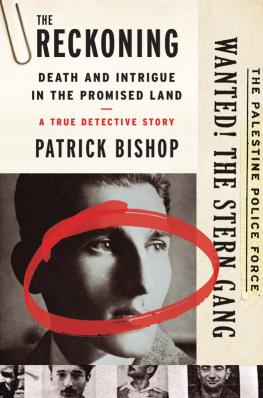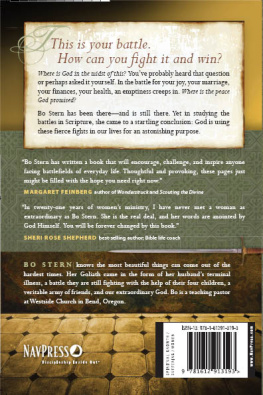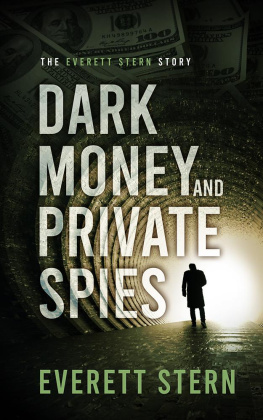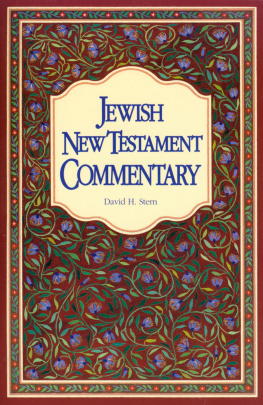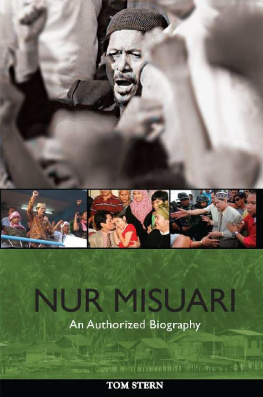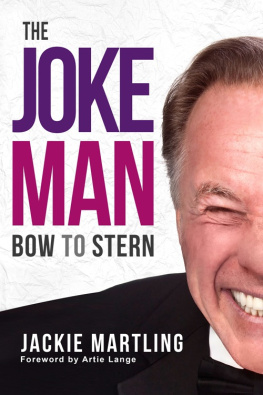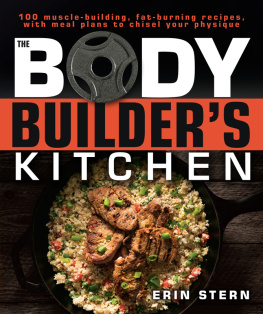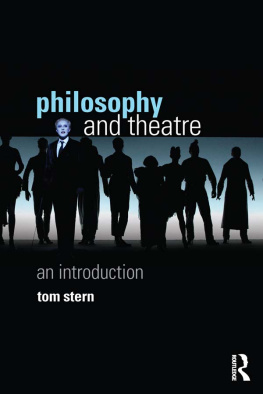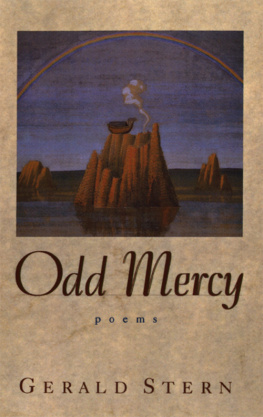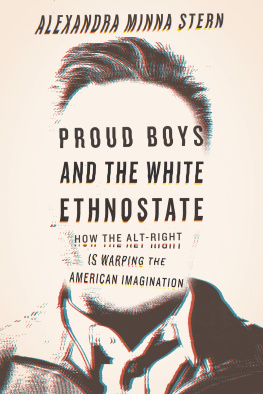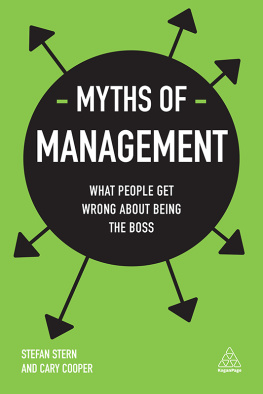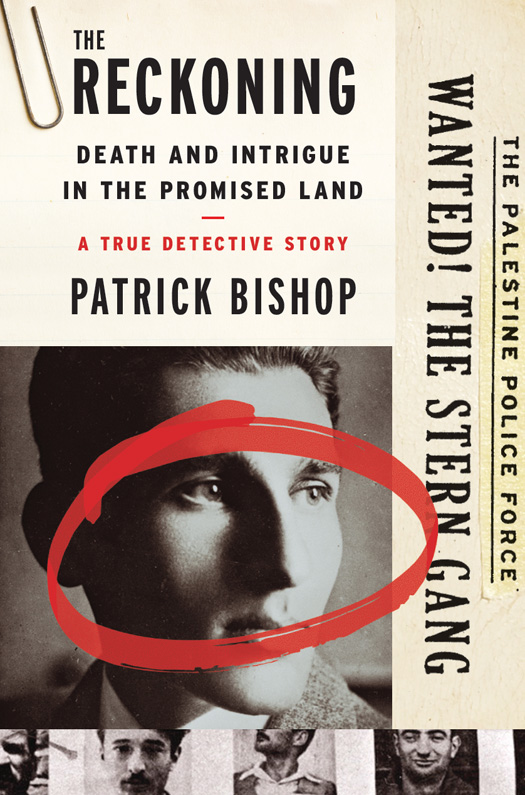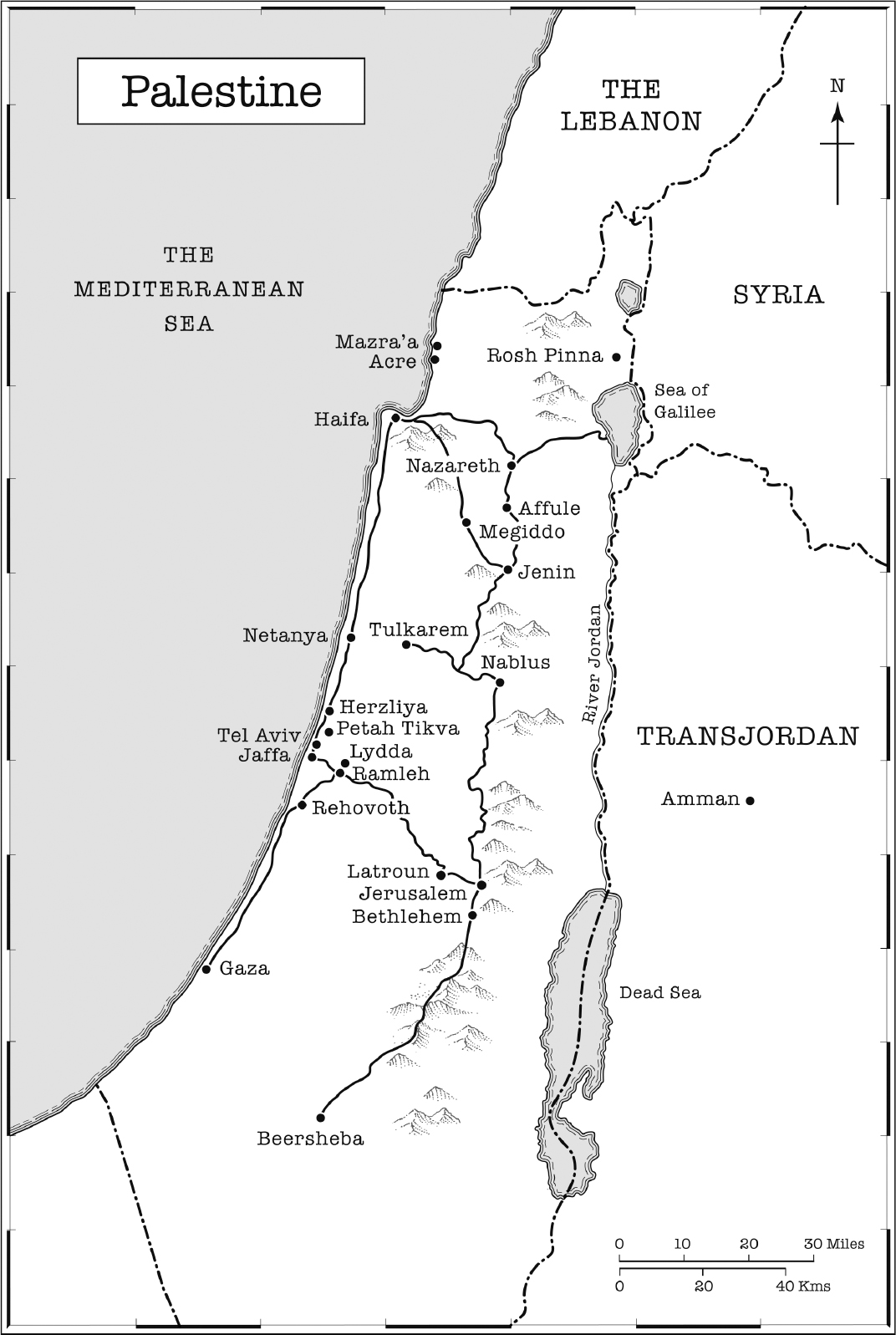
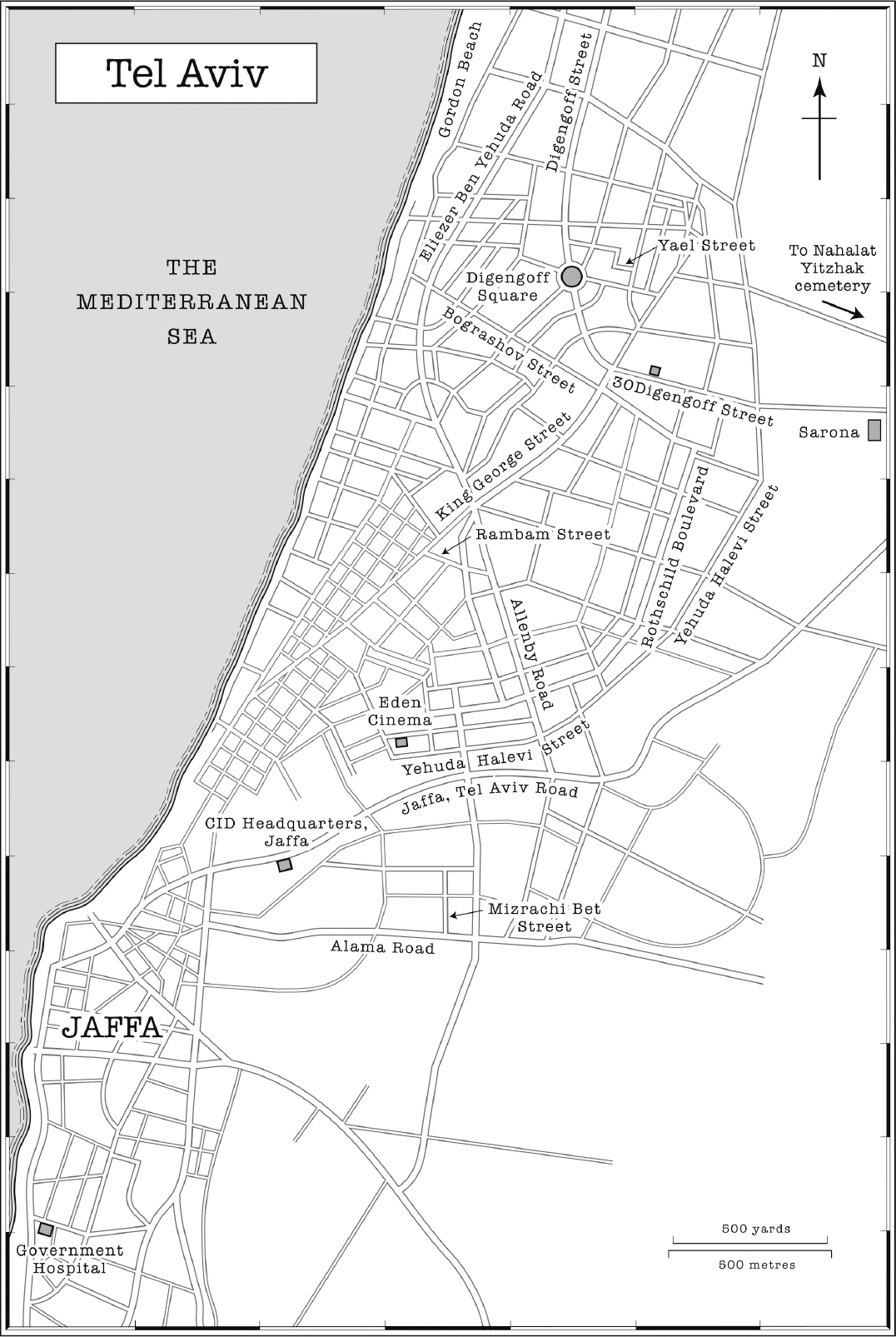
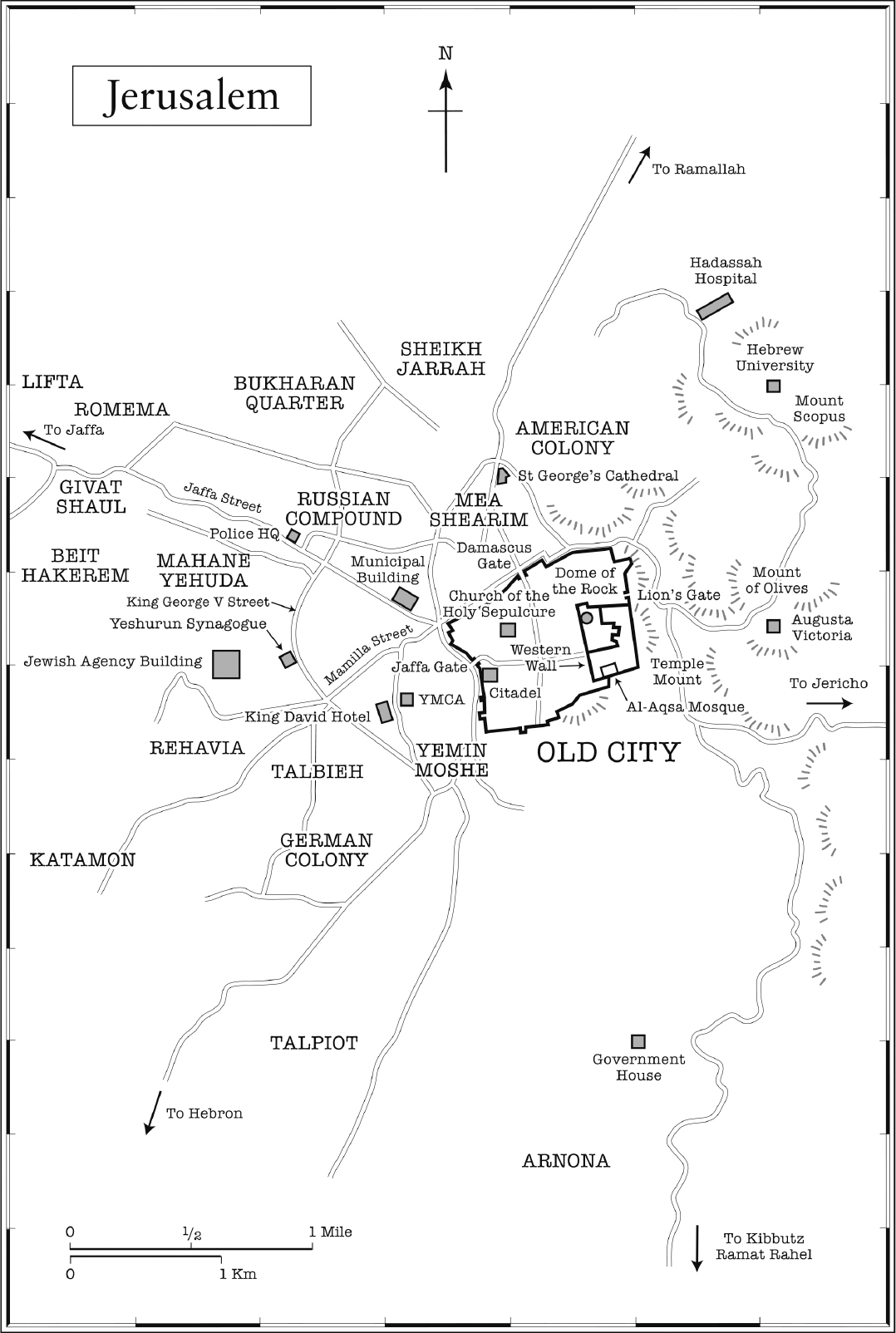
IN MEMORY OF RICK BEESTON
AND
IAN MACKENZIE
Contents
I have not tried to impose any orthodoxy on spellings of Jewish and Arab personal and place names, which inevitably vary in transliteration. To keep things simple I have left some as they appear in contemporary documents, while those that might seem confusingly archaic have been updated. In writing the story I found it had a habit of straying from the path to dart down some fascinating alleyway. To keep the narrative moving, I have sometimes explored these byways in the source notes. Consulting them may also help to answer questions arising from the text.
Balfour Declaration
Statement issued by the British foreign secretary Arthur Balfour in November 1917 that the government favoured the idea that Palestine would one day be a a national home for the Jewish people.
Betar
Militaristic youth organisation of the Revisionist movement. Particularly strong in Poland.
Haganah
The Defence. Militia founded in 1920 to defend Jewish lives, property and honour. Under the control of the left-leaning Zionist establishment.
Havlagah
Policy of self-restraint in the face of Arab attacks. Favoured initially by the Haganah and the Yishuvs leaders but opposed by the Revisionists.
Irgun Zvai Leumi
The National Military Organization, which broke away from the Haganah in 1931 in protest at its unpreparedness in the face of Arab violence. Revisionist in outlook.
Jewish Agency
The body officially representing the Yishuv to the British administration of Palestine and the outside world.
Lehi
Fighters for the Freedom of Israel. The name of the splinter group which followed Avraham Stern after the 1940 split with the Irgun.
Mapai
Left-wing political party led by David Ben-Gurion and the dominant political force in the Yishuv.
Palmach
Elite unit of the Haganah.
Revisionist movement
Founded by Zeev Jabotinsky in 1925 to demand a revision of Zionist policies towards the British mandate. Its militarism and capitalist sympathies created sharp differences with the Yishuvs establishment.
White Paper
The 1939 document drawn up by the British to decide the future of Palestine. Its proposal for strict limits on immigration, if implemented, would effectively have doomed the aspiration for a Jewish state and it was fiercely opposed by all Zionists.
Yishuv
The Jewish community in Palestine.
Avraham Stern was asleep on a makeshift bed in a corner of the living room. A few feet away, curled up on a couch, lay a slim, dark woman. Rain rattled on the window panes of the tiny rooftop flat and cold seeped through the thin walls. Four storeys below, the streets of Tel Aviv lay silent, blanketed in the darkness of the wartime blackout.
At six oclock there was a scratching at the door. The woman stirred. Her name was Tova Svorai and she was Sterns landlady and now his sole protector. She glanced over at him and saw he was already awake. They both knew what the sound meant. It was the signal announcing a visit by one of their few remaining contacts with the outside world, a girl called Hassia Shapira. But what was she doing here? Her instructions were to stay away, in case British detectives were watching and followed her to the flat. The clock on the cabinet ticked ominously. One, two, three seconds passed. Eventually Stern nodded. Tova rose and padded the few steps across the chilly tiles to the hallway, opened the door and pulled Hassia inside.
She was full of apologies. The police were everywhere but she had to risk coming. She was carrying a vital letter, one that might save Sterns life. He calmed her and led her to Tovas bed, telling her to get under the covers and keep warm until it was light and she could slip away. Then he sat down at the small square table in the hallway to read the message that Hassia had considered so important. It was indeed a lifeline. A former ally who had become an enemy was now offering him sanctuary. It was a generous and unexpected gesture, but Sterns mind was made up. There would be no running away and no going back. In his neat hand he wrote a polite rejection. It declared: I am not one of those who voluntarily give themselves up to the police.
Dawn broke just after seven oclock. It was Thursday, 12 February 1942.
By 7.30, daylight was showing through the shutters, painting bars of light on the drab walls. It was safe now for their visitor to leave. Tova unlocked the door and Hassia descended the staircase and stepped outside. Mizrachi Bet Street was in the middle of Florentin, a neighbourhood of small factories and workshops and cheap apartment blocks. The working day had begun. The people who lived here were recent immigrants and Yiddish, Romanian and Polish mingled in the chatter, laughter and shouts drifting up to the flat.
Tova put out the breakfast things and boiled a kettle for tea. Stern paced to and fro, from hallway to living room and back again. He was thirty-four years old, slightly built, and five feet six inches tall. His thick, dark hair was swept back from his brow in a widows peak above high cheekbones and grey, deep-set eyes that mesmerized his followers.
They sat down in the gloomy half-light to their breakfast of bread, cheese and jam, eating in silence. Both had much to think about. A few miles away Tovas husband, Moshe Svorai, lay under armed guard in a hospital ward, recovering from gunshot wounds sustained during his capture by British detectives. She had not dared to visit him for fear that she would be followed and would lead Sterns pursuers to his hideaway.
He was now the most wanted man in Palestine. His picture was blazoned across the newspapers and on billboards all over the country and there was a thousand-pound reward upon his head.followers had pulled off a wages snatch, killing two innocent bystanders in the process. When two of the perpetrators were caught, he declared war on the police. His men lured detectives to an apartment in Tel Aviv then triggered a bomb that killed three officers. In the ensuing manhunt, two members of the group were mortally wounded and two more captured.
These outrages dismayed Sterns fellow Jews. The Jewish Agency, which spoke for most of them, led the outcry, offering its wholehearted support in order to track down the murderous gang and free Palestine... from the nightmare of hold-ups and assassinations. The words invoked images of Prohibition-era Chicago and were chosen carefully to puncture Sterns grandiose self-image. In his short life he had morphed from promising scholar and poet to aspiring Zionist theorist to underground fighter. Now he seemed to think of himself as a warrior prophet, taking the name Yair in homage to the leader of the Zealots who killed each other rather than surrender to the Romans. In the course of the journey he had formed an unshakeable conviction that Britain was the main enemy of the Jews and the chief obstacle to the creation of a new Israel. The outbreak of the war had done nothing to change his mind. When his former comrades in the underground went off to fight alongside the British, Stern tried to undermine them by allying himself with their enemies, seeking deals with Fascist Italy and Nazi Germany.

